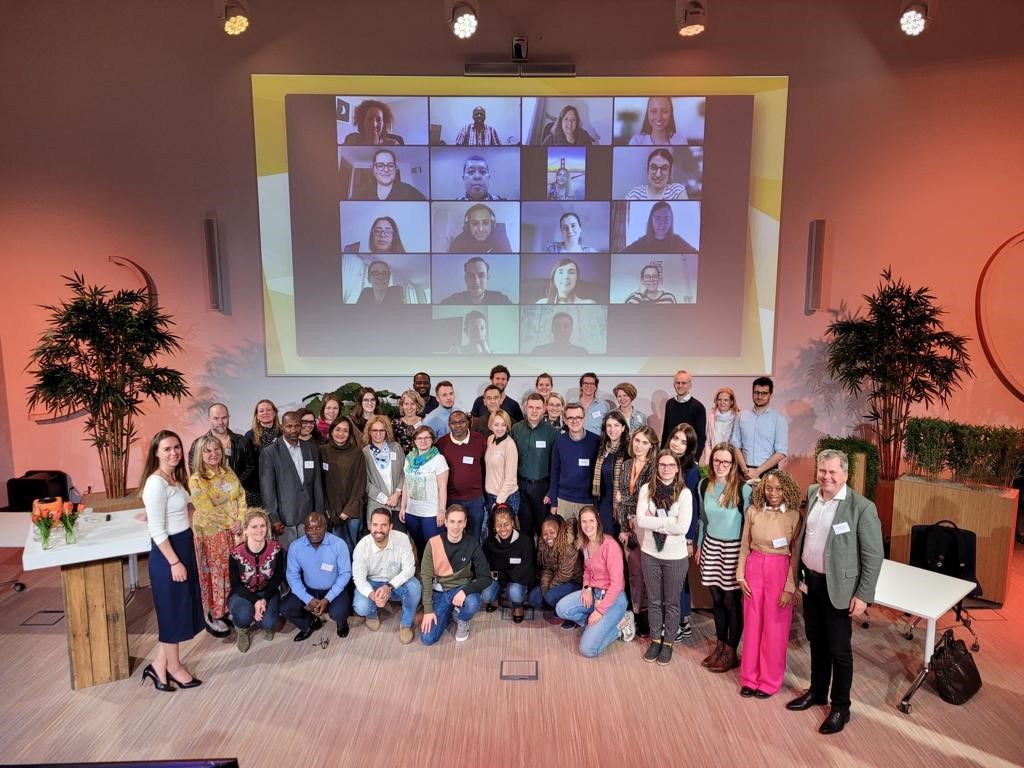Gertjan Kaspers, director of academy & outreach, host and creator of the Master Course: 'This is already the third edition of the Master Course. This course offers an advanced-level theoretical and applied curriculum, consists of four modules and lasts two years. Each module has an extensive six-week online pre-program in the MáxiWise learning hub that covers key concepts and supports learning about e.g. hemato-oncology, brain tumors. April 20 and 21 are the live days and topics are explored interactively in a variety of educational formats. Half of the participants are present at the Máxima Center, the others participate online. All are pediatricians-in-training to become pediatric oncologists, or just pediatric oncologists.’
Solid tumors
Lenneke Schrier, pediatric oncology fellow, co-directs the program. 'In the current module, we cover medical knowledge about the diagnosis and treatment, including complications, late effects and quality of life, of children with solid tumors,' she says. 'Special attention is paid to the integration of acquired knowledge and its practical application, for example during follow-up care of children with a bone tumor. But we also practice clinical and professional skills, such as providing emergency treatment, shared decision making, improving quality of care, professional development and dealing with ethical dilemmas.'
Participants from 36 countries
'The Master Course suits our international top position as a pediatric oncology center. It is a privilege to receive so many talented young people in the Máxima Center. They come from 36 countries, including low- and middle-income countries, where by far the most children live with cancer - and survival rates are much lower than ours. More knowledge and skills are essential to support them to provide the best care, educate others and contribute to improving quality of care and patient safety. For these reasons, we offer several parallel sessions in this module specifically for colleagues from these countries. This concept will be further developed in the next edition of the Master Course.'
Solid tumors
Lenneke Schrier, pediatric oncology fellow, co-directs the program. 'In the current module, we cover medical knowledge about the diagnosis and treatment, including complications, late effects and quality of life, of children with solid tumors,' she says. 'Special attention is paid to the integration of acquired knowledge and its practical application, for example during follow-up care of children with a bone tumor. But we also practice clinical and professional skills, such as providing emergency treatment, shared decision making, improving quality of care, professional development and dealing with ethical dilemmas.'
Participants from 36 countries
'The Master Course suits our international top position as a pediatric oncology center. It is a privilege to receive so many talented young people in the Máxima Center. They come from 36 countries, including low- and middle-income countries, where by far the most children live with cancer - and survival rates are much lower than ours. More knowledge and skills are essential to support them to provide the best care, educate others and contribute to improving quality of care and patient safety. For these reasons, we offer several parallel sessions in this module specifically for colleagues from these countries. This concept will be further developed in the next edition of the Master Course.'


